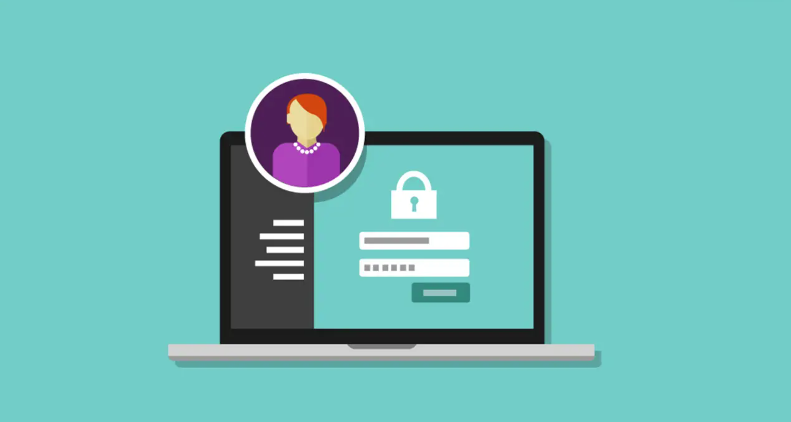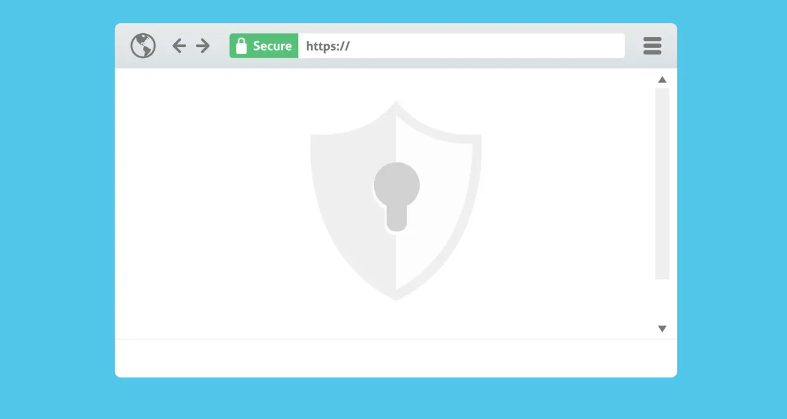The approach of the holiday season often coincides with an increase in online purchases and interactions. For cyber scammers, this is the perfect time to target internet users. In this article, we’ll explore effective strategies to avoid falling into their traps and ensure a peaceful holiday season.

How to Recognize the Signs of Cyber Scams?
With the surge in online transactions during the holidays, cyber scams become more prevalent. To avoid becoming a victim, it’s crucial to identify them in a timely manner.
Types of Common Holiday Cyber Scams:
According to Cyberghost’s study, scammers become more ingenious during the holidays. They employ various strategies, from enticing fake promotions to deceptive contests. Be vigilant of exceptional offers that may seem unrealistic, especially from little-known or questionable sources.
Phishing Techniques:
Cybercriminals often resort to phishing, sending emails or messages that appear to be from legitimate entities with the aim of extracting confidential information. Learn more about avoiding phishing emails in our in-depth article.
Fake Promotions:
Fake promotions are especially prevalent during festive periods, taking the form of great discounts, vouchers, or gifts. Stay vigilant for these offers and seek reviews or confirmations on official websites before making any purchases.
Tips for Securing Your Online Accounts

During the holiday season, when digital activities intensify, securing your online accounts with effective measures is crucial.
Use of Strong Passwords:
Long, complex passwords comprising uppercase letters, lowercase letters, symbols, and numbers are hard to guess. Avoid using personal information such as your first name or date of birth. Check the security of your passwords by reading our dedicated article.
Two-Factor Authentication (2FA):
Enabling 2FA significantly enhances account security. Even if your password is compromised, the one-time code sent to the user’s phone serves as an additional hurdle for intruders. Enable 2FA on all services that offer it, including social media accounts, email accounts, and online shopping platforms.
Best Practices for Safe Browsing

In an ever-changing digital world, safe internet browsing is essential, especially during festive periods with intense cyber activities. Follow these practices:
Avoid Suspicious Links and Attachments:
Be especially vigilant with the links and attachments you receive, whether by email or via social media.
Verify the Legitimacy of Websites:
Before entering any personal information or making an online transaction, ensure that the website is legitimate. Look for security features such as a padlock in the address bar or the use of HTTPS.
"Because of the Google update, I, like many other blogs, lost a lot of traffic."
Join the Newsletter
Please, subscribe to get our latest content by email.

